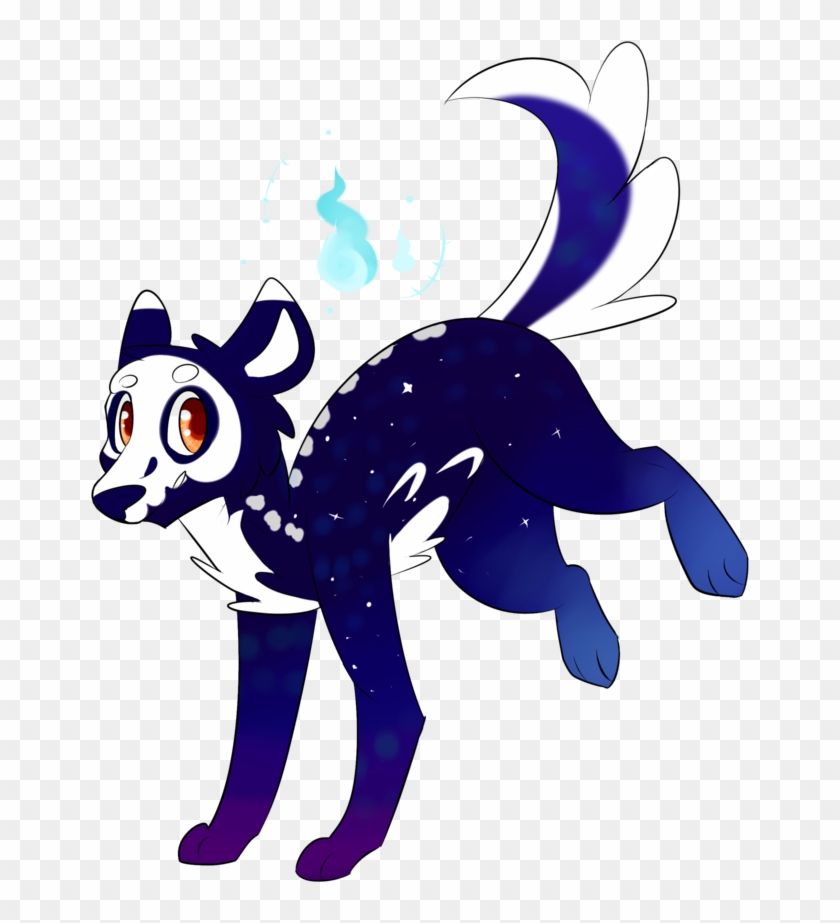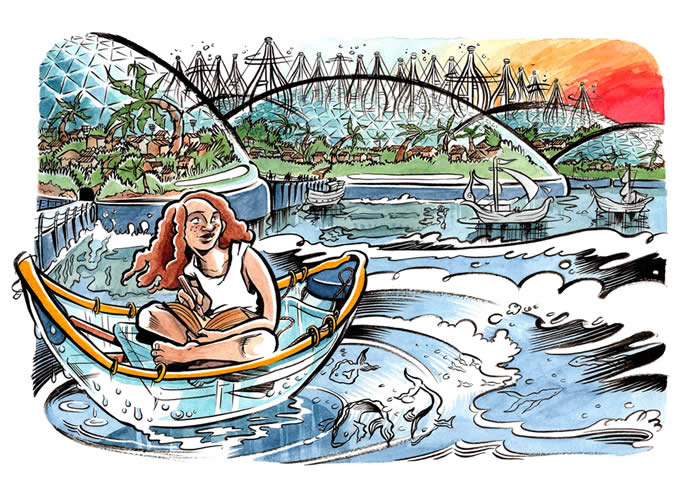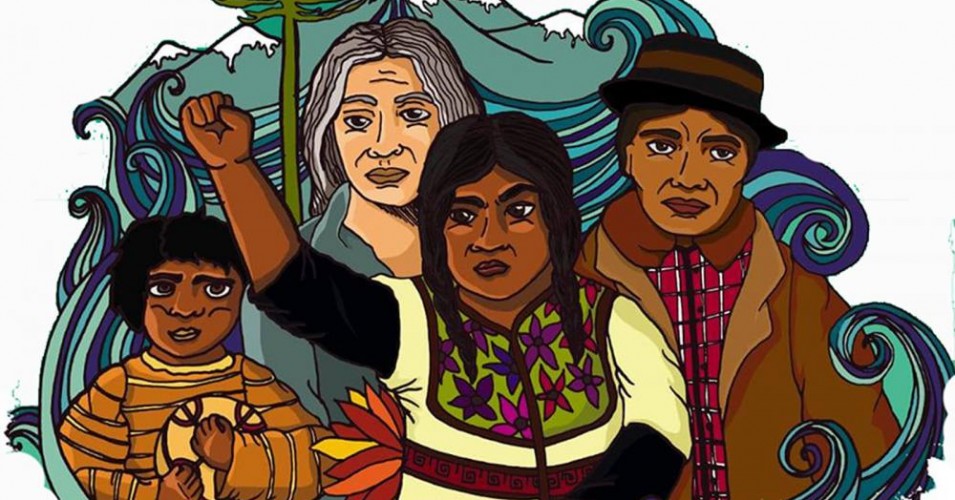
By Tillie (Age 8, 9and 10)
Once upon a time there lived a stray dog called Elle and her sister Tillie. Elle said to Tillie lets go and play! But Tillie was tired so she got up reluctantly and when she got outside she said because it was windy she would go and get the kite. when Tillie got the kite she was not strong enough to hold it so Elle helped but the wind was so strong it took them up up and away! flying through the air Tillie and Elle held on the string for dear life! When they landed they must of been miles and miles from home so Elle got some stick’s for the fire and Tillie set up a little den. When dark fall came they went to bed on two big leaves. In the morning Tillie was up before Elle to get food and water for the long journey ahead of them, when Elle got up there was a ditch with a hair in it.

“What are the rabbit’s for”? said Elle. “they’re for food” answered Tillie. After Tillie explained what the rabbits were for the 10th time, they set of on their adventure. They traveled far and wide in all types of weather until they stumbled upon a little cottage it was old and broken down by the looks of it so Elle knocked on the door there was no answer so they went in. The outside of the house may have looked bad but the inside was amazing it had a fun fair and a hotel it even had an arcade! Tillie and Elle were so distracted they forgot what they were meant to be doing! after a long time of looking around they remembered what they were doing and went to the door but it was locked they tried and tried but could not open it! then suddenly a ghost appeared Elle and Tillie were scared but the ghost looked much more frightened. Tillie plucked up the courage to say h-h-hello.

The ghost said hello back and then it came closer Tillie and Elle went one step back
The ghost said “what are you doing here?”” in a whisper. Elle said we are lost” The ghost took them into its house and said this was the dream realm but now that they found here she was sleeping right next to them in their camp! So they tried everything to try and wake up but nothing had worked. The ghost said that the only way to free them was to get her body back so Tillie and Elle said where is your body then? the ghost said it is in the golden volt the golden volt is in the maze of puzzles. So off they went to the golden volt. When they got there Elle said “we never got your name is your name just the ghost”? “so sorry I still haven’t introduced my self I am Rosa” replied Rosa. When they got in the maze there was an empty room with a door and then a voice said this is your first task of the maze of puzzles. You will have to fill this bucket with water. They suddenly spotted a river and a bucket. Elle said this will be easy so they tried to fill the bucket but the water just fell out and then Tillie turned the bucket upside down and said it had a hole in it! everyone thought for a long time and then Tillie finally had it then she got the bucket and dropped it in. Elle said what did you do that for? Tillie said the bucket is full and then they looked closer and she was right! the bucket was full so the voice said you have passed the first puzzle. Tillie, Elle and Rosa walked through the door to the next puzzle. this is the second puzzle. you have to catch the mighty beast Cerberus with a lead.

Everyone gasped at the site of Cerberus with a lead of steel next to him. Elle got the lead and jumped from wall to wall and at last she landed on Cerberus’s head and put the lead on. Well done said the voice. you have passed and now you have to fight ME!! Rosa had a plan so she asked the voice that was also a ghost if they could have a few mins to talk, and the ghost said ‘Fine’. Rosa said I will float through the ghost and get my body back and then I’ll handle the ghost. Rosa floated through the ghost and then she picked the lock in the chest that had her body in side and she was wolf again!

Tillie, Elle and Rosa saw a river and they all had a little play and then suddenly a fox jumped out of the bush! and brushed past them and then they saw a group of squirrels and a bear running in the same direction as the fox Tillie, Elle and Rosa were scared of where the animals were running to. But they should have been afraid of what they were running from!! The three friends heard cries of “RUN FOR YOUR LIVES!!” and “TO THE ANCIENT TREE!!”.They decided to go with all the animals and then they found themselves in what seemed to be a very old tree and then they saw a squirrel step onto a log and it said “animals you are all running from THE SERPENT am I correct” the crowd all yelled “YES” so the squirrel continued ” as you all know the serpent has haunted us all for many years and we need someone to stop them. The serpent hast to pay for their crimes” an uproar of voices all shouted in agreement but one question remained, who would catch the serpent?
Only three paws and one claw went in the air. The three paws belonged to the three wolves of our story and the claw belonged to Clory the fastest eagle in the forest, they all got out of the elder tree.

After they introduced them selves they set off to catch the serpent
“where would this serpent be then?” asked Rosa. “Are you new here? because all the animals in the wood know the serpents hideout is and they often try to avoid it .” said Clory in shock. “The serpent lives in the cave just down the river “. “What are we waiting for?!”asked Elle. ” Aren’t you going to pack? Asked Tillie “Oh right” said Elle a little embarrassed. After they packed all the necessary things they set of on their quest. On the way there Clory was telling her travel mates(Tillie, Elle and Rosa)about the serpent. Finally they got their , the three wolves were terefied by what they saw…MILLIONS OF WOLF BONES!!!!!

They looked in shock at the horrifying sight as it dawned on them that they were not the first wolves to attempt this task. Clory looked in horror too as the blood drained from their faces…the serpent had found them. “RUNNNNNN!” they screamed. the heroes were crashing through the woods with the serpent following closely. They only just managed to dive into a burrow as the serpent lunged for them, lost his balance, and fell down the hill. They just about dared to breath as it went back to its cave

They got out of the bush when they were certain that the serpent was well and truly back in its cave .”That was close” panted Tillie. “for sure “replied Elle “I’m hungry” said Rosa . “hahahahahahaha!” they all laughed. “lets go back to camp.”. “yeah” Agreed the wolves. “C-can I come? asked Clory pleadingly. “of course!” the wolfs said excitedly. “thank you!!”she replied. The three wolfs spent half a hour making their den bigger the fit in their new friend. The next day they dedicated to planning their plot to get rid of the serpent once and for all. They went to bed that night with their minds whirring of the plan they worked so hard on. The next day they packed their stuff an headed for the cave. “I really hope this works. said Tillie. “Same” replied Rosa. They arrived at the cave and started throwing all their food in it then they hid behind the cave waiting for the serpent to smell the food. surely enough the serpent came out to eat the food. “now!” Clory whispered. Rosa and Elle jumped onto Clory’s back while Tillie hung onto her claws and they all silently swooped into the cave “what now?” asked Elle. “we only planned this far” replied Clory.












